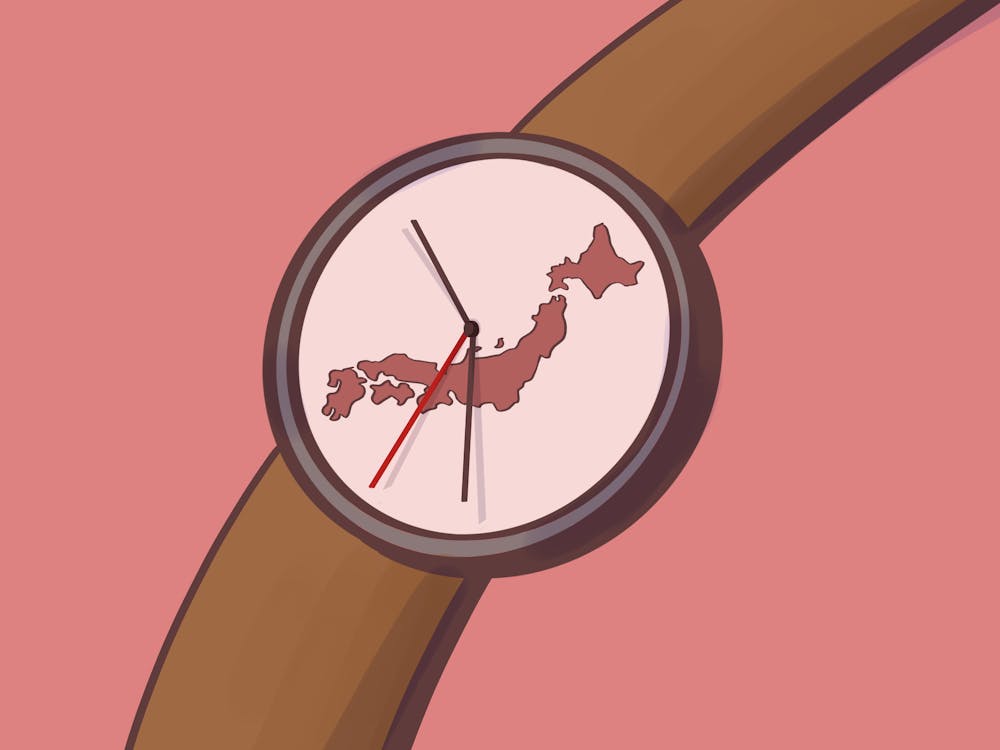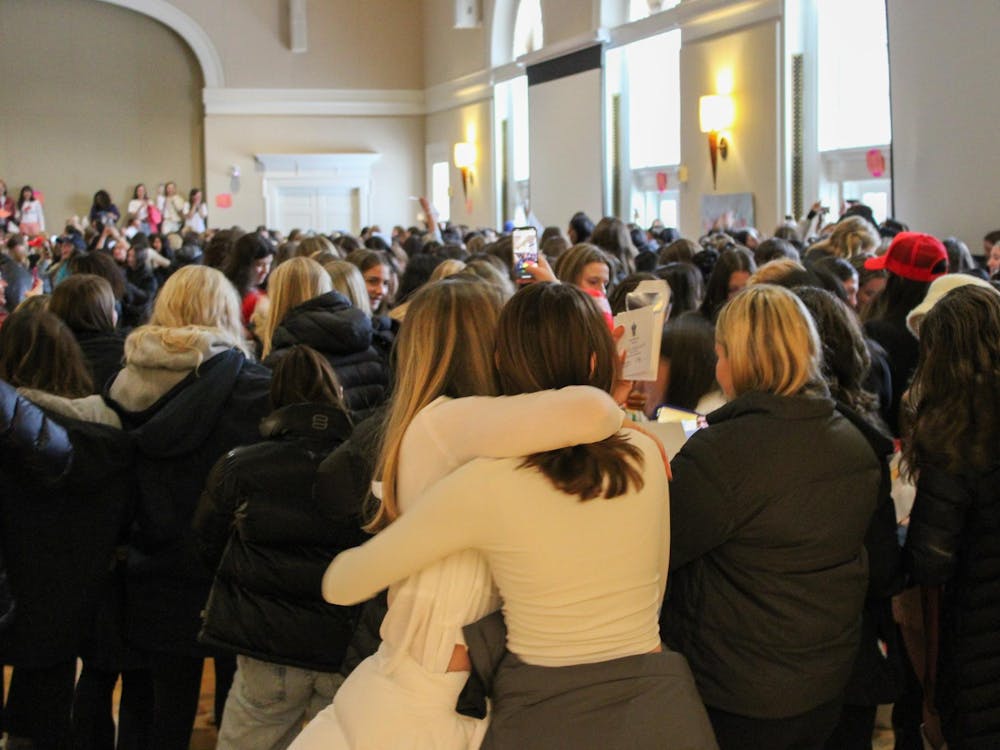After spending a painstaking two hours shelling and blanching fava beans, it finally dawned on me why Americans are so afraid of the kitchen: The act of cooking, in today's frenzy of productivity, is in fact too laborious to manage. With the proliferation of ready-made food items and restaurants that serve nearly every type of cuisine under the sun, why waste time in the kitchen preparing your own meals when they can be made for you, thus saving time and presumably money in the long run?
So here comes the million dollar question: How can we connect back to the food we eat when, in general, we have no idea where it comes from or the process behind its travel to our dinner plates?
Sure, groups like E. A. T Local and Charlottesville's resident chapter of the Slow Food movement aim to elucidate the answer to this pressing question, helping locals understand their place in the global food web and ensuring that they take the time to savor what they swallow rather than merely stuffing down McDonald's finest.
My relatively simple answer to the aforementioned question, however, lies with the area's five farmers markets. A leisurely stroll through any one provides a view into both local agriculture practices and the people behind the crops.
Many of the vendors have been setting up shop at these markets for decades. This produces a rich dialogue between vendors and visitors which ranges from how Charlottesville has changed over time to which area restaurants incorporate local produce in their menus.
Strolling through a farmers market, which usually stipulates that the produce be from the local growing region, is akin to visiting an airport with tax-free goods -- you're treated to a free cultural showing of people from different walks of life, coupled with the benefit of purchasing goods at a lower cost than you would find in a grocery store. And if you have any doubt about the entertainment value of these farmers markets, just stop by the Charlottesville City Market on a Saturday morning and hang around the free goat cheese stall -- you're in for a lively show.
But the true advantage of these markets is their accessibility. With five markets to choose from, all in relatively close proximity to Charlottesville proper and often taking place on different days of the week, anyone can find a way to visit one. Even just observing one such market affords a view into the local seasonality of produce and purchasing goods helps to fuel the local economy.
The beauty of the produce purchased at a farmers market is that is can be eaten just as is. The weekly selection represents the best of what's available in terms of seasonal producepicked at its peak. A tomato, for example, can be eaten out of hand like a piece of fruit, a potato can be baked and eaten plain or cherries can be popped into your mouth right from the stand (I'd suggest buying them first though).
For the most basic of cooks, only minimal -- if any -- cooking is needed to ensure successful results; the produce speaks for itself in terms of character and flavor. And without the transportation that is required to distribute commercial supermarket produce, which is estimated to have traveled an average of 1,300 miles before winding up on a consumer's dinner table, energy is conserved in the process -- a bonus for the environment and consumers alike in light of our recent gas price hikes.
Across the board, farmers market produce is replete with more vitamins and minerals than most grocery store offerings which are picked in advance of full ripeness and left to mature in the store.
As health gurus battle over whose fad diet produces the most visible or easily obtainable results, society skips over the importance of understanding our connection to the food we eat and its quality. But key to this debate is the fact that attending a farmers market -- no, the true verb should be participating in a farmers market -- is a direct contribution to the sense of community derived from such events.
Whether you're just walking around the market, purchasing produce, sampling homemade baked goods or listening to the musical acts that often strike up a tune, you personally are connecting back to the community at large -- a facet of society that has begun to decay asAmericans strive to live the most efficient lives possible.
Listed below are the five area farmers markets you can visit to construct your own conception of the local agricultural industry and economy.
Local Harvest Market, Tuesdays 4 to 7 p.m., Whole Foods parking lot [Shopper's World Drive and Route 29, Charlottesville].
Farmers in the Park Market, Wednesdays 3 to 7 p.m., Meade Park [Meade Avenue, Charlottesville].
Scottsville on the James Farmers Market, Thursdays 4 to 7 p.m., Dorrier Park [off Page Street in Scottsville].
Charlottesville City Market, Saturdays 7 a.m. to 12 p.m., H&R Block parking lot [corner of Water and South Streets, Charlottesville].
Crozet Farmers Market, Saturdays 7 a.m. to 12 p.m., corner of Jarman's Gap Road and Crozet Avenue [Crozet].





